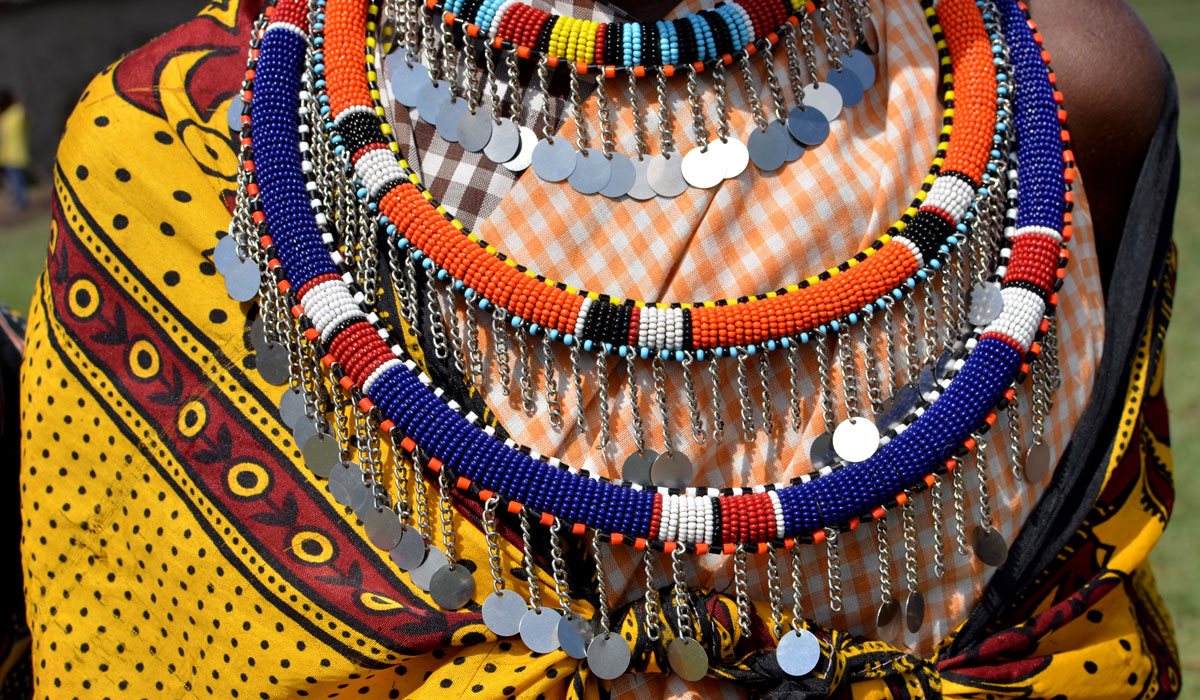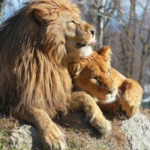
Kenya is not only renowned for its stunning landscapes and abundant wildlife but also for its rich cultural heritage. With over 40 ethnic groups, each with its own unique traditions, languages, and customs, Kenya offers a vibrant tapestry of cultural experiences that provide deeper insights into the country and its people. If you’re planning a trip to Kenya, here are some cultural experiences you simply can’t miss.
1. Visit a Maasai Village
The Maasai people are one of Kenya’s most iconic tribes, known for their distinctive red attire, beadwork, and warrior traditions. Visiting a Maasai village offers a rare opportunity to learn about a culture that has remained largely unchanged for centuries.
- Traditional Dances: The Maasai are famous for their “Adumu,” or jumping dance, where young warriors leap into the air as a show of strength and agility. This energetic dance is often performed as part of a welcoming ceremony for visitors.
- Cultural Insights: During your visit, you’ll learn about the Maasai’s way of life, including their pastoral traditions, social structures, and the significance of cattle in their culture. You may also have the chance to participate in daily activities, such as milking cows or making traditional crafts.
- Handicrafts: The Maasai are skilled artisans, creating beautiful beadwork, jewelry, and clothing. Purchasing these items directly from the village not only provides a unique souvenir but also supports the local community.
2. Experience the Swahili Culture on the Kenyan Coast
Kenya’s coastal region is a melting pot of cultures, where African, Arab, and Persian influences blend to create the unique Swahili culture. A visit to the coastal towns of Lamu, Mombasa, or Malindi offers a glimpse into this rich cultural heritage.
- Lamu Old Town: A UNESCO World Heritage site, Lamu is one of the oldest and best-preserved Swahili settlements in East Africa. The town’s narrow streets, ancient stone buildings, and intricately carved wooden doors transport visitors back in time. Don’t miss the chance to sail on a traditional dhow or visit the Lamu Museum to learn about the island’s history.
- Mombasa’s Fort Jesus: This 16th-century fort, built by the Portuguese, is a symbol of Mombasa’s strategic importance as a trading port. Today, Fort Jesus is a museum showcasing artifacts from the region’s rich history, including pottery, weaponry, and Swahili art.
- Swahili Cuisine: The coastal region is known for its flavorful Swahili cuisine, which features a blend of African, Arab, and Indian influences. Be sure to try dishes like “biriani” (spiced rice with meat), “pilau” (rice cooked in broth with spices), and “samosas” (fried pastry filled with meat or vegetables).
3. Learn About the Samburu People
The Samburu people, who live in the arid regions of northern Kenya, are closely related to the Maasai but have their own distinct culture and traditions. A visit to a Samburu village offers an authentic cultural experience that is less touristy but equally enriching.
- Livestock and Nomadic Life: The Samburu are semi-nomadic pastoralists, relying on their livestock for food, clothing, and trade. During your visit, you’ll learn about their nomadic lifestyle, the importance of cattle, and how they adapt to the harsh environment.
- Samburu Special Five: The Samburu region is home to unique wildlife species known as the “Samburu Special Five,” which include the Grevy’s zebra, Somali ostrich, gerenuk, reticulated giraffe, and Beisa oryx. Combine your cultural visit with a safari to see these rare animals in their natural habitat.
- Cultural Traditions: The Samburu people are known for their elaborate ceremonies, which mark important life events such as births, marriages, and initiation into adulthood. Witnessing these ceremonies offers a deeper understanding of Samburu beliefs and values.
4. Explore the Kikuyu Culture in Central Kenya
The Kikuyu are Kenya’s largest ethnic group, and their influence is felt throughout the country, particularly in the central highlands. Exploring Kikuyu culture offers insights into the history, traditions, and beliefs of this influential community.
- Ngong Hills and Mau Mau Caves: The Kikuyu played a significant role in Kenya’s struggle for independence, particularly during the Mau Mau uprising. Visit the Ngong Hills, a place of spiritual significance for the Kikuyu, and explore the Mau Mau Caves, where freedom fighters hid during the resistance.
- Kikuyu Folklore and Music: The Kikuyu have a rich oral tradition, with stories, songs, and proverbs passed down through generations. Attend a local performance to hear traditional Kikuyu music, which often features the “mũtũrĩrũ” (flute) and “wandindi” (stringed instrument).
- Tea Plantations: The fertile highlands of central Kenya are ideal for tea cultivation, and the Kikuyu have been involved in this industry for decades. Take a guided tour of a tea plantation to learn about the tea-making process, from picking the leaves to processing and tasting.
5. Participate in a Traditional Luo Fishing Ceremony
The Luo people, who live near Lake Victoria in western Kenya, have a close relationship with the water, and fishing is a central part of their culture. Participating in a traditional fishing ceremony offers a unique cultural experience that is both educational and engaging.
- Fishing Techniques: The Luo use traditional fishing methods, such as casting nets or using fishing baskets, which have been passed down through generations. Join local fishermen as they head out onto the lake and learn about these time-honored techniques.
- Cultural Rituals: Fishing ceremonies often involve rituals and offerings to the lake’s spirits, seeking their blessing for a good catch. These rituals are deeply rooted in Luo beliefs and provide a fascinating insight into their spiritual world.
- Luo Cuisine: After the fishing trip, enjoy a meal of freshly caught fish, prepared in the Luo style. Popular dishes include “nyama choma” (grilled fish) and “kuon” (a staple made from maize or millet), served with vegetables and “sukumawiki” (collard greens).
Why Explore Kenyan Culture with African Odyssey Explorer?
At African Odyssey Explorer, we believe that a true safari experience goes beyond wildlife viewing. Our cultural tours are designed to immerse you in the rich and diverse cultures of Kenya, offering authentic encounters that you’ll cherish forever. Whether you’re visiting a Maasai village, exploring Swahili heritage, or learning about the traditions of the Kikuyu or Luo people, our expert guides will ensure that your cultural experience is both enriching and respectful.
Ready to embark on a cultural journey through Kenya? Contact African Odyssey Explorer today to start planning your cultural safari adventure.





